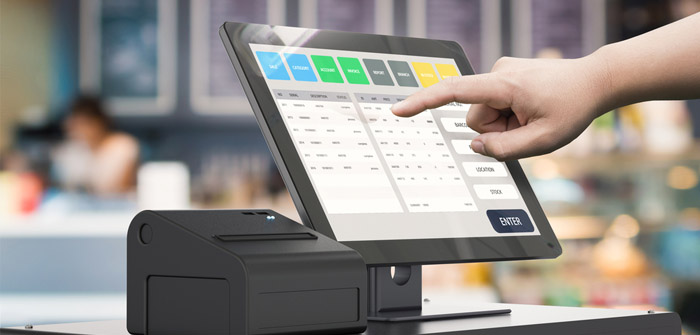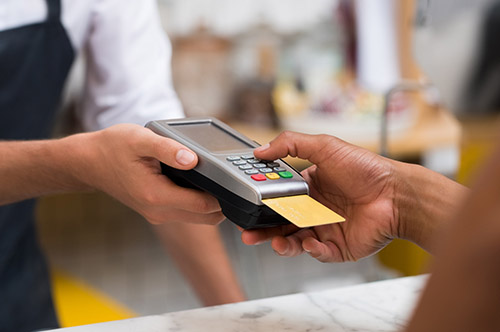An Electronic Point of Sale or EPOS system is beneficial for retailers and merchants. It helps you operate your business more efficiently by automating some processes, such as accepting payment and monitoring sales. You can also connect the system with your e-commerce site to integrate both your physical and web store for better tracking.
With EPOS systems, you don’t just get hardware that allows you to take payments. You get a software service that makes it easy to run your entire business. If you’re thinking of purchasing one for your store, here are the things you should look for:
- Features
Each store has unique problems, so you need to identify the features that your EPOS must have for efficient business operations. Most EPOS systems like those being compared by CardSwitcher have software that allows you to control and track your stocks, order from suppliers, and monitor promotions and discounts, as well as loyalty programs for your customers.
A terminal screen is the primary component of an EPOS system. It’s where you place orders and process payments. Its touchscreen feature allows you to forgo buying a keyboard without compromising the speed and quality of data entry.
Additional accessories to your terminal screen include:
- Cash Drawer – This hardware consists of a lockable metal drawer where you can store your money safely. The software allows you to control who can open the cash drawer and the times when it can be accessed.
- Receipt Printer – You use a receipt printer to give customers a copy of their transaction.
- Barcode Scanner – It reads the barcodes of your products for inventory tracking. You have two options for this device: handheld and multiline. The former is more limited in range so it’s only ideal for fewer transactions, unlike the latter which can scan barcodes from different angles to speed up the checkout process.
- PDQ Terminal – This device is used to accept credit card payments.
- Customer Display – A customer display is typically a standing device that informs customers of their transaction details like the list of items and their corresponding prices.
- Tablet – A tablet or iPad can be used by stores that require higher mobility for speedier business operations. For instance, a restaurant can equip servers with a tablet each to quickly get the orders of patrons and send them to the kitchen.
- Cost and Compatibility
If you are a new business owner, you must consider the cost of the EPOS system that you’ll be using for your company. There are lots of options out there with the essential functions that you’ll need. It’s recommended that you buy an entire system, with all its peripherals, instead of mixing and matching. This way, you can be sure that they supplement and work well together.
On the other hand, if you already have an EPOS system but want to upgrade to another one, you have to consider its compatibility with your existing hardware and software. Do your research beforehand and don’t be afraid to ask questions, especially about the technical side of things.
The investment is a substantial one. However, the ease of operations that it provides for your enterprise is well worth the price.
- Storage
Data storage is a vital aspect of EPOS systems, along with collection and retrieval. You can choose among two options for storage:
- Traditional – Traditional storage keeps files on local servers. This means that data can only be accessed on the premises.
- Cloud-Based – As a newer way of storing data, cloud-based storage keeps all business information online to keep it accessible from multiple devices and locations as long as you have an Internet connection. This is ideal for businesses that have branches across the country or all over the world.
- Usability
Another crucial aspect of EPOS systems is its user-friendliness. Your employees will be the ones using the machines and software, so it makes sense to choose an interface that’s intuitive and straightforward. This way, you won’t have to lose so much time in training them for the new hardware.
- Support
When you purchase an EPOS system, you’re not just buying a product but a service as well. You’re establishing a professional relationship with the provider that you believe can give the ultimate support for your business.
Aside from having a system that’s easy to install and operate, you must ensure that the supplier’s customer service is exceptional as well. With this, you can be sure that your questions will be answered when they arise.
Conclusion
An EPOS system is a valuable investment to your business. It allows you to have faster transactions for each customer, which, in turn, makes it more convenient for them. These are just the standard factors you must consider when buying this type of hardware and software. You should identify the needs of your store so that you can find the right system for you.






